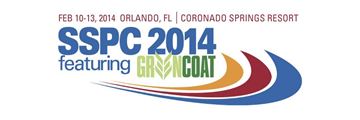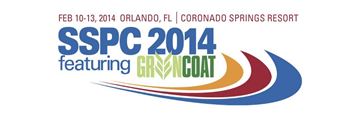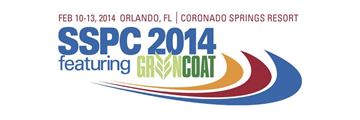Corrosion protection at NASA’s Kennedy Space Center is a high priority item. The launch facilities at the Kennedy Space Center are located approximately 1000 feet from the Atlantic Ocean where they are exposed to salt deposits, high humidity, high UV degradation, and acidic exhaust from solid rocket boosters. These assets are constructed from carbon steel, which requires a suitable coating to provide long-term protection to reduce corrosion and its associated costs.
Product Number:
41214-832-SG
Author:
Mark R. Kolody, Jerome P. Curran, Luz Marina Calle
Publication Date:
2014
$0.00
$20.00
$20.00
Corrosion protection at NASA’s Kennedy Space Center is a high priority item. The launch facilities at the Kennedy Space Center are located approximately 1000 feet from the Atlantic Ocean where they are exposed to salt deposits, high humidity, high UV degradation, and acidic exhaust from solid rocket boosters. These assets are constructed from carbon steel, which requires a suitable coating to provide long-term protection to reduce corrosion and its associated costs. NASA created the Kennedy Space Center (KSC) Corrosion Laboratory to investigate, evaluate and approve coatings and materials for the agency. The Corrosion Laboratory uses NASASTD-5008B as a guide to evaluate coatings for use in aggressive launch pad environments at the Kennedy Space Center. The laboratory and standard were developed to establish uniform engineering practices and methods to ensure the inclusion of essential criteria in the coating of ground support equipment and facilities used by or for NASA. The testing requirements are applicable to Ground Support Equipment (GSE) and facilities that support space vehicle or payload programs or projects and to critical facilities at all NASA locations worldwide. The requirements were designed for non-flight hardware used to support the operations of receiving, transportation, handling, assembly, inspection, test, checkout, service, and launch of space vehicles and payloads at NASA launch, landing, or retrieval sites. The criteria and practices are used for items employed at the manufacturing, development, and test sites upstream of the launch, landing, or retrieval sites. This paper discusses the test protocol used to qualify protective coatings according to the requirements of the KSC Corrosion Technology Laboratory and NASA-STD-5008B. The protocol is illustrated with examples of coatings that did, and those that did not meet the criteria necessary to be placed on the NASA-STD-5008 Approved Products List.




